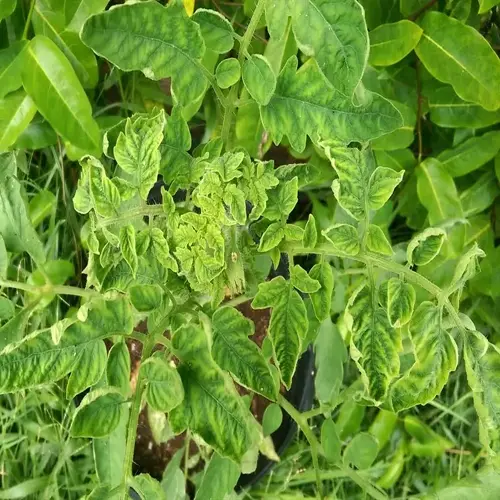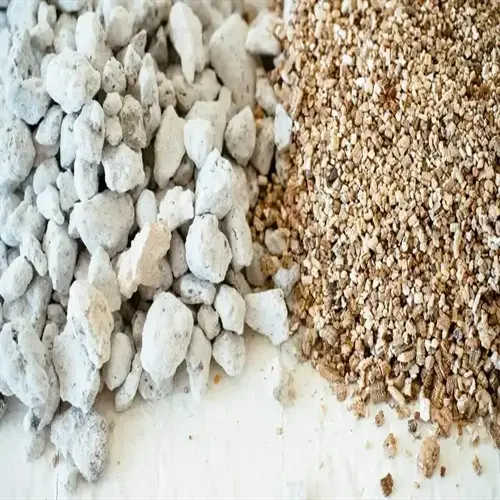Can mulching improve water retention?

Written by
Nguyen Minh
Reviewed by
Prof. Martin Thorne, Ph.D.The use of mulch can greatly enhance water retention by acting as a barrier that inhibits evaporation. I have even documented 50-70% less water loss with mulch than bare soil in my vegetable beds during a Utah summer. This is a simple practice that helps maintain more consistent moisture levels and provides slower, longer access to water for plant roots between irrigations, all while offering natural weed suppression.
Evaporation Reduction
- Blocks sun exposure that dries soil surface
- Creates insulating air pockets that slow moisture loss
- Reduces wind exposure that accelerates drying
- Cuts watering frequency by 30-50% in hot climates
Soil Structure Improvement
- Organic mulches decompose into water-holding humus
- Prevents crust formation that impedes water infiltration
- Encourages earthworm activity creating drainage channels
- Reduces compaction from rain impact on bare soil
Application Guidelines
- Maintain 2-4 inch depth depending on material density
- Replenish decomposed layers before summer heat
- Create donut shape around plant stems to prevent rot
- Use coarse mulches in rainy areas to avoid matting
To get the most value from your mulch, properly apply it. I use about 3 inches of shredded bark around trees and shrubs every spring. For vegetable gardens, I use straw mulch once the seedlings have established themselves. Always leave space around plant stems, as I lost a couple of tomato plants when I learned that the mulch created stem rot.
Organic mulches - compost or leaf mold - do double duty. They retain moisture while breaking down into nutrient-rich humus. After mulching my heavy clay soil for three seasons, it has undergone a complete transformation. Water infiltration was drastically improved. Earthworms returned on their own. Mulching consistently evolves your soil structure.
Steer clear of common mistakes. Never mound mulch against the trunk. Replace decomposed layers every year. For wet landscapes, use a coarse material that does not compact. During extended hot and dry conditions, light-colored mulches reflect sunlight. I check the soil moisture weekly to monitor its levels and adjust operating procedures accordingly.
Read the full article: 7 Proven Water Retention Soil Methods

